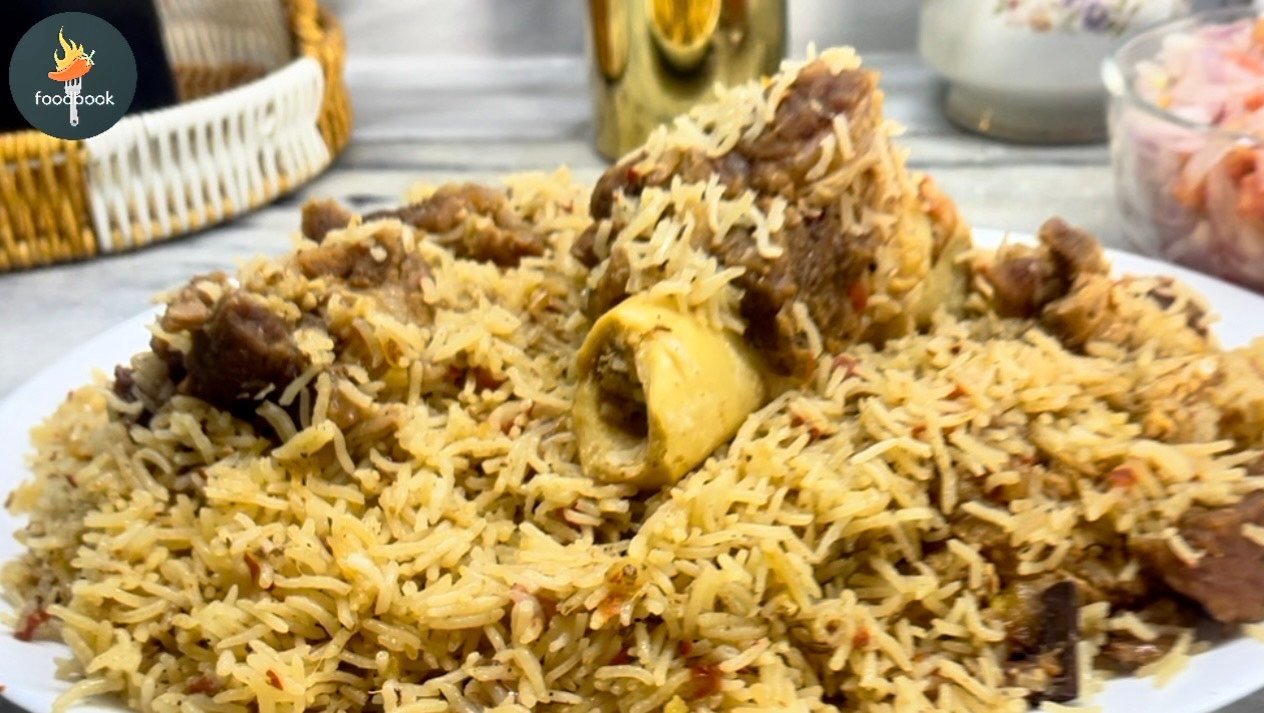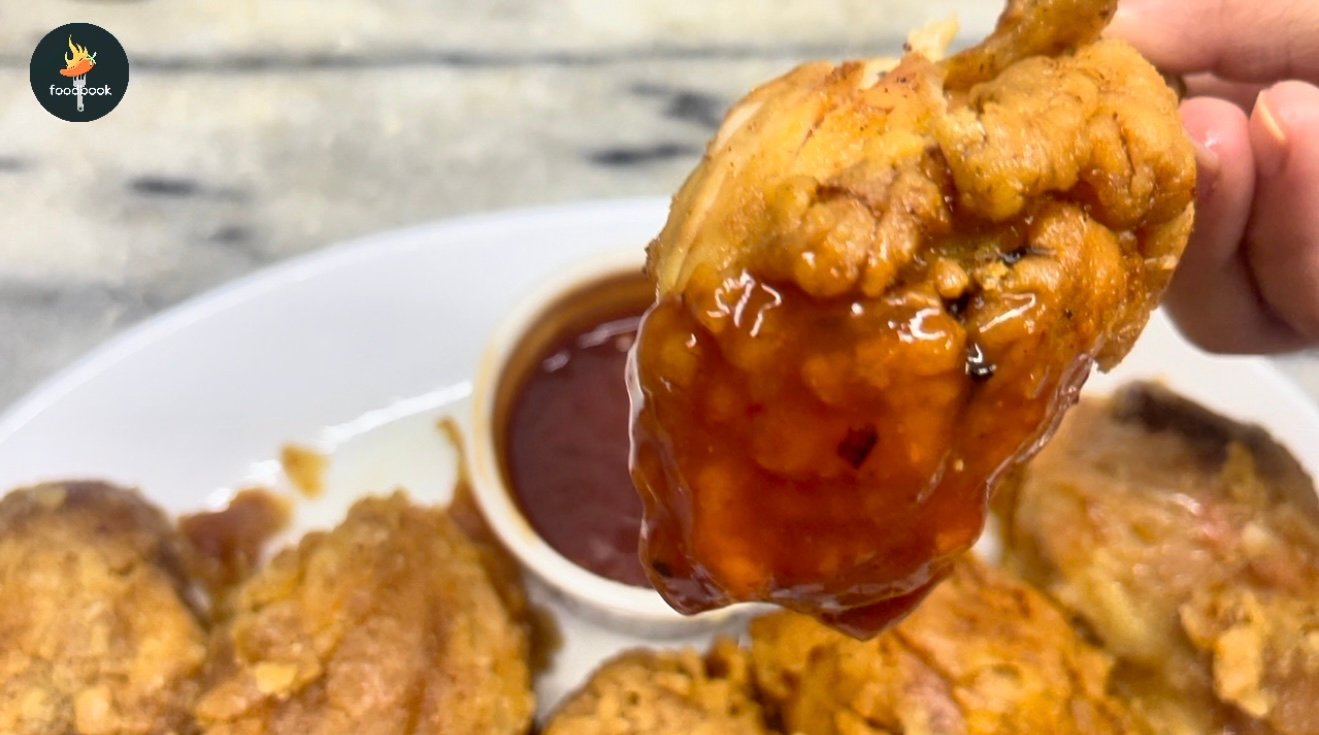The food industry is undergoing a massive transformation, thanks to Gen Z food trends that prioritize sustainability, health, and innovation. Born between 1997 and 2012, Gen Z is reshaping global food culture by demanding transparency, ethical sourcing, and plant-based foods that align with their values.
Unlike previous generations, Gen Z is more conscious about what they eat, focusing on food that is nutritious, environmentally friendly, and visually appealing. From viral TikTok recipes to sustainable eating habits, their preferences are driving change in restaurants, supermarkets, and home kitchens.
In this blog, we’ll explore the biggest Gen Z food trends, with a special focus on plant-based foods and how they are influencing the future of dining.
The Rise of Plant-Based Foods Among Gen Z
One of the most significant Gen Z food trends is the growing popularity of plant-based foods. Unlike older generations, Gen Z is more open to reducing meat consumption for health, ethical, and environmental reasons.
A survey found that 65% of Gen Z wants to eat a more plant-forward diet. They are choosing meat alternatives, dairy-free products, and plant-based snacks over traditional options. This shift has forced restaurants and food brands to expand their menus to include more vegan and vegetarian dishes.
Why Gen Z is Choosing Plant-Based Foods
Health Benefits: Gen Z prefers nutrient-rich foods that support wellness. Plant-based diets are known to reduce the risk of heart disease and obesity.
Sustainability: Many Gen Z consumers understand that plant-based foods have a lower carbon footprint than meat, making them an eco-friendly choice.
Animal Welfare: Ethical concerns about factory farming and animal cruelty are pushing more young consumers toward plant-based alternatives.
Flavor & Innovation: Today’s plant-based foods are more delicious and diverse than ever, offering exciting alternatives like jackfruit tacos, vegan burgers, and oat milk lattes.
The Plant-Based Food Trend in Pakistan
Pakistan has a rich food culture centered around meat, but Gen Z food trends are slowly changing this. Urban cafes and restaurants are now offering plant-based options, such as:
Lentil Burgers – A high-protein, vegetarian alternative to traditional beef burgers.
Chickpea Wraps – A fusion of local and global flavors, packed with nutrition.
Soy-Based Kheer – A dairy-free version of the beloved traditional dessert.
Plant-Based Milk – Almond, soy, and oat milk are gaining popularity among young consumers.
This shift indicates that the demand for plant-based foods is rising, even in countries where meat has been a dietary staple.
Social Media’s Influence on Gen Z Food Trends
Social media is a powerful force behind Gen Z food trends. Platforms like Instagram, TikTok, and YouTube have revolutionized how young people discover and engage with food. Viral food challenges, aesthetically pleasing meals, and influencer recommendations all play a role in shaping their eating habits.
Some of the biggest social media-driven food trends include:
Dalgona Coffee – A frothy coffee that went viral during the pandemic.
Rainbow Smoothie Bowls – Visually stunning and packed with superfoods.
Vegan Fast Food – Young consumers are proving that plant-based eating can be just as indulgent as traditional fast food.
Homemade Food Challenges – From making sourdough bread to recreating restaurant-style dishes at home.
The Role of Food Influencers in Gen Z’s Eating Habits
Gen Z relies heavily on food influencers and digital content creators to make dining choices. In Pakistan, popular food bloggers share their experiences with plant-based foods, encouraging followers to explore healthier alternatives.
Many young people trust online reviews more than traditional advertisements, which means restaurants and food brands must embrace digital marketing to stay relevant.
Sustainability & Ethical Eating: What Matters to Gen Z
Sustainability is a major factor driving Gen Z food trends. Unlike previous generations who prioritized convenience, Gen Z is willing to pay more for food that aligns with their values. They actively support brands that:
- Use biodegradable packaging to reduce plastic waste.
- Source ingredients locally to support farmers and reduce carbon emissions.
- Offer organic and non-GMO options for better health.
- Reduce food waste by using surplus ingredients creatively.
In Pakistan, sustainable food businesses are emerging, with eco-friendly cafes and organic grocery stores becoming more common. Gen Z is leading this movement by demanding transparency in food sourcing and ethical production practices.
Global Flavors & Fusion Foods: The Taste of Gen Z
Gen Z food trends are not just about health and sustainability—they’re also about bold, global flavors. This generation enjoys experimenting with fusion dishes that combine elements from different cultures.
Some popular Gen Z-inspired fusion foods include:
Peri-Peri Biryani – A mix of traditional biryani with Portuguese peri-peri spices.
Tandoori Pizza – A blend of Italian and Pakistani flavors.
Korean BBQ Wraps – A combination of Korean flavors with desi-style fillings.
Turmeric Lattes (Haldi Doodh 2.0) – A trendy take on a traditional Pakistani drink.
Gen Z’s love for experimentation means that food businesses must constantly innovate to keep up with their evolving tastes.
Convenience & Technology: The Future of Gen Z Dining
Gen Z values convenience and digital innovation when it comes to food. Unlike previous generations, they prefer ordering through apps, using AI-driven recommendations, and experiencing contactless dining.
This has led to the rise of:
Food Delivery Apps – Gen Z relies on services like FoodPanda and Cheetay for quick meals.
Ghost Kitchens – Delivery-only restaurants that cater to Gen Z’s on-the-go lifestyle.
Meal Subscription Boxes – Pre-prepped meals that save time while ensuring healthy eating.
QR Code Menus – A digital approach that eliminates the need for physical menus.
Functional Foods: Gen Z’s Approach to Wellness
Health-conscious Gen Z prefers functional foods that provide added health benefits. Some of their top choices include:
Probiotic Yogurt – Supports digestion and gut health.
Chia Seeds & Flax Seeds – Superfoods rich in Omega-3s.
Herbal Teas – A growing preference for natural stress relief options.
Plant-Based Protein Shakes – A popular choice for fitness enthusiasts.
Traditional Pakistani superfoods like desi ghee, turmeric, and saffron are also making a comeback, thanks to Gen Z’s renewed interest in natural, holistic nutrition.
Conclusion: The Future of Food with Gen Z Leading the Way
Gen Z food trends are shaping the future of the food industry. With their focus on plant-based foods, sustainability, digital convenience, and global flavors, they are redefining what it means to eat well.
In Pakistan and worldwide, restaurants and food businesses must adapt to Gen Z’s evolving preferences by offering healthier, plant-based, and ethically sourced meals.
With their love for innovation and conscious consumerism, one thing is certain—Gen Z is not just following trends; they are creating them.
Stay Updated with the Latest Food Trends on Foodbook!
The food industry must continue evolving to meet Gen Z’s expectations. Whether it’s vegan fast food, AI-driven menus, or sustainable dining, the future of food belongs to this bold, forward-thinking generation. As Gen Z food trends continue to evolve, staying informed about the latest plant-based foods, innovative recipes, and sustainable dining choices is essential. Whether you’re looking for exciting new dishes or tips on ethical eating, Foodbook has got you covered!
















